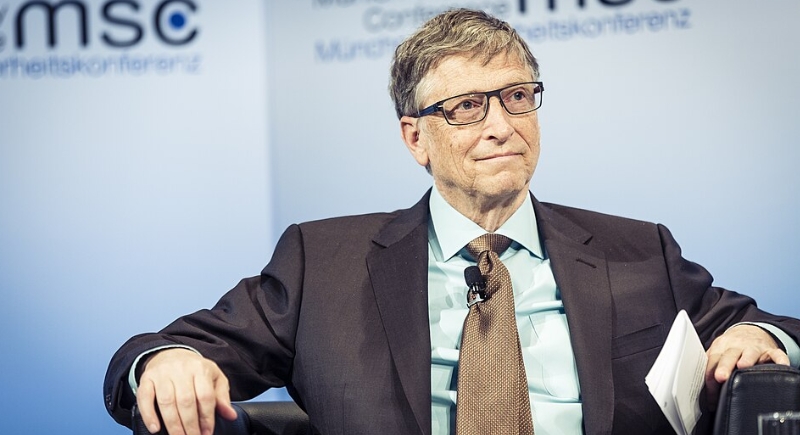These Tech Titans Are Convinced AI Will Give Us a 3-Day Workweek
Zoom CEO Eric Yuan thinks people could soon be working only three or four days a week. He says that artificial intelligence will handle repetitive tasks and give workers more time to enjoy life.
He also admits this shift won’t be painless. Some jobs will disappear as automation takes over, especially entry-level or routine positions. Still, he argues that new roles will emerge, such as managing and maintaining digital agents or overseeing AI-driven systems.
Tech leaders share Yuan’s vision of fewer working days. Nvidia’s Jensen Huang predicts that as AI spreads through industries, it will “probably” make a four-day work week possible. JPMorgan Chase’s Jamie Dimon thinks the next generation will work about 3.5 days a week while living longer and healthier lives because of advances in technology. Even so, these leaders recognize that a shorter week might not mean less work. Some jobs may become more intense, with the same amount of work being done in fewer days.
Bill Gates Thinks Machines Could Do The Heavy Lifting

Image via Wikimedia Commons/Kuhlmann – MSC
Bill Gates has also joined the conversation. On Trevor Noah’s What Now? podcast, he said there could be a time when humans “don’t have to work so hard.” Gates imagines a future where machines produce all the essentials while allowing people to live comfortably on a three-day workweek. He compared AI’s impact to that of the personal computer, which didn’t eliminate office jobs but completely changed them. Workers had to adapt, and he believes they’ll do the same as AI becomes more integrated into daily tasks.
In a previous blog post, Gates wrote that AI’s impact will be massive if used responsibly. He doesn’t think it will be as dramatic as the Industrial Revolution, but he still considers it one of the most important shifts in modern work. Reflecting on his early years at Microsoft, Gates said he once thought sleep was a waste of time. Now, he sees that a meaningful life isn’t defined by constant work but by how technology can improve the quality of life.
Young Workers Are Ready For Change
Younger generations are eager for shorter workweeks. A 2024 CNBC and Generation Lab poll found that 81% of Americans aged 18 to 34 support a four-day workweek, and they see AI as a way to make it happen. According to Rebecca Hinds from Asana’s Work Innovation Lab, 53% of knowledge workers’ time is spent on “busy work,” such as meetings and coordination. She says AI can automate most of that and free people to focus on tasks that require real thought.
Hinds also found that 89% of employees who use AI daily report higher productivity. Those who use it less often see smaller benefits, which makes it difficult for organizations to measure AI’s overall value. She believes widespread adoption across teams is needed before companies seriously consider shorter workweeks. Many businesses remain comfortable with traditional routines, so a large-scale change will take time.
Not Every Business Will Handle AI The Same Way

Image via Pexels/Matheus Bertelli
Mark Riedl, a professor at Georgia Tech, says the outcome will vary by company. Some might reward efficient employees with extra days off, while others could utilize AI to reassign tasks and maintain steady workloads. A few may use automation to reduce staff and distribute duties among remaining workers.
There’s growing evidence that shorter weeks can be effective. When U.S. firm Exos tested a four-day workweek, employee burnout dropped by 50% and productivity increased by 24%. Those results support what Gates, Yuan, and others predict: that AI can make us work smarter, not just faster.
For now, a three-day workweek still sounds futuristic, but the idea is gaining traction. If AI continues to advance at its current pace, the biggest question may not be whether it happens, but how people will spend all that newfound free time.